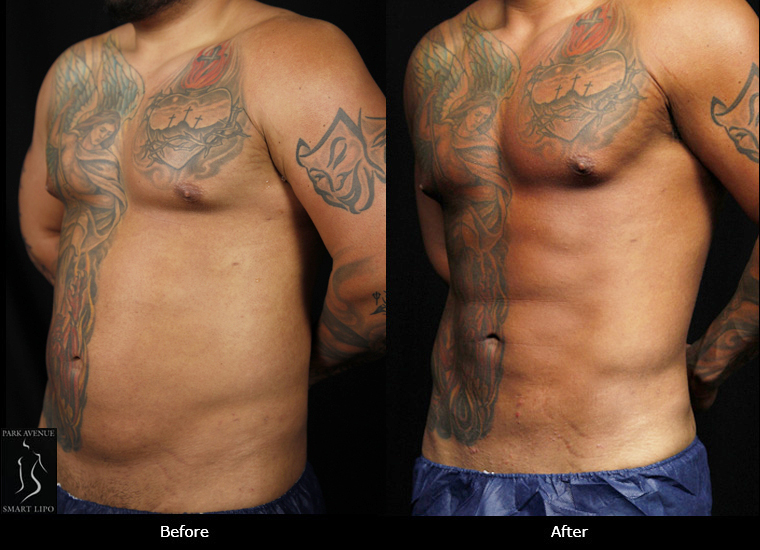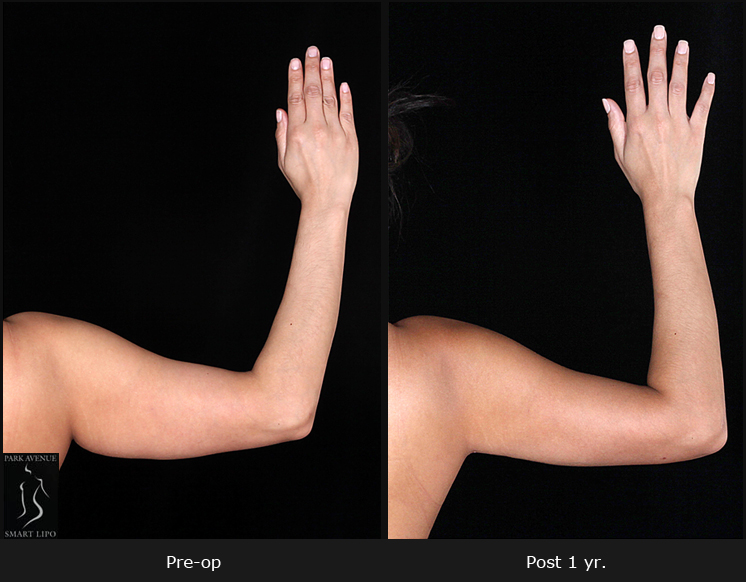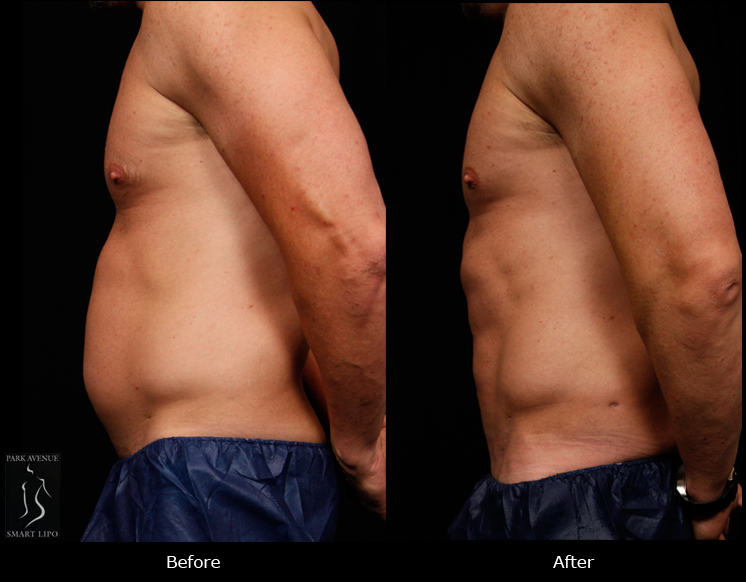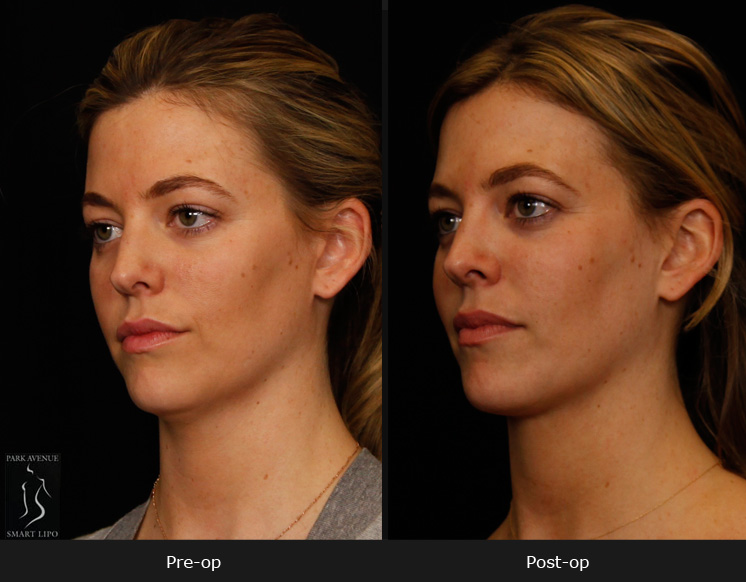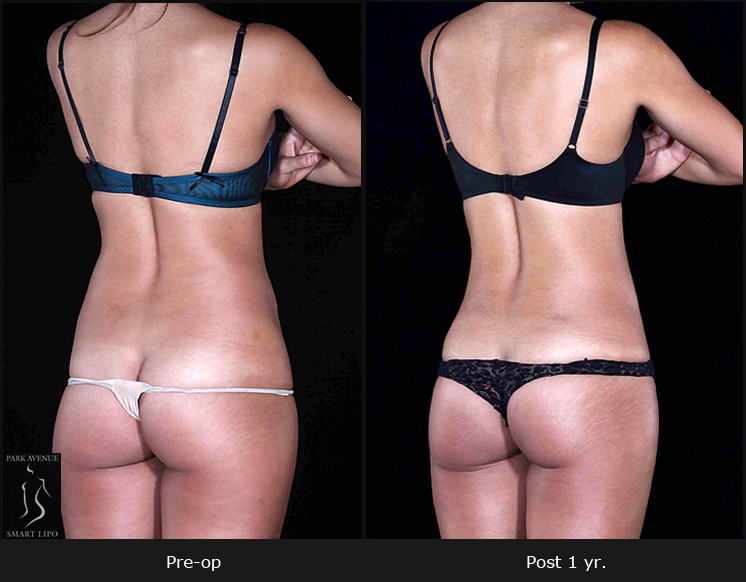The conversation around plastic surgery has been changing and more and more men are opting to have plastic surgery to achieve or maintain a fit, attractive appearance. In addition to aesthetic procedures, men can have treatments to repair deformities or disfigurements caused by injuries, disease, or birth defects. Gynecomastia treatment corrects enlarged male breasts, a condition that is typically caused by an imbalance of hormones – higher estrogen levels than testosterone. Plastic surgeons providing gynecomastia treatment in Manhattan, NYC provide customized procedures to help men achieve a natural looking, masculine chest. They perform male breast reduction surgery using the state-of-the-art laser-assisted Smartlipo Triplex workstation.
Gynecomastia can occur in boys and men of all ages, but is most common in infancy and adolescence and in middle-aged to older men. The causes and treatment options may vary based on the patient’s age. Losing fat through diet and exercise may help to a certain extent, but undergoing breast reduction liposuction can provide a long-lasting solution to this concern. The enlargement or swelling of male breast tissue typically occurs due to the imbalance of estrogen and testosterone in the body. Genetic traits, intake of certain medications and obesity are some of the other factors that may cause gynecomastia.
The National Institute of Health estimates that 65% of men have some amount of gynecomastia. According to an article published by The Good Men Project, the rising prevalence of gynecomastia seems to be linked to the gradual decline of testosterone in men since the 1970s and ’80s. The article identifies several reasons for low testosterone in men:
- Bisphenol A or BPA: This is a chemical that is widely used to harden plastics such as food contact materials, toys, and other products. BPA is harmful and can act as a hormone in the body by affecting your normal hormone levels and your genes. The biggest risks are changes in hormone levels that interrupt development in fetuses, infants, and young children. Research is currently being done on this risk. To lower your risk of BPA exposure and gynecomastia:
- Use BPA-free products
- Store food in glass, steel or porcelain containers and avoid plastic containers.
- Don’t ever microwave your food in a BPA plastic as the heat causes the BPA to “bleed” out onto food.
- Eat less canned food and more fresh food
- Soy Products: Though soy products are considered healthy, there seems to be a widespread belief that drinking soy milk or eating tofu will lead to gynecomastia. A study published in The National Center for Biotechnology Information (NCBI) journal reported an unusual case of gynecomastia associated with soy product consumption. A 60-year-old man was referred to the endocrinology clinic for evaluation with overdeveloped breasts, erectile dysfunction and very low libido. He reported no changes in testicular size, no history of testicular trauma, no sexually transmitted diseases, no headaches, no visual changes, and no change in muscular mass or strength. The results of his lab tests were normal. When the patient was interviewed again, he mentioned that he took 3 quarts of soy milk every day. After he stopped soy milk consumption, his breast tenderness resolved slowly and returned to normal.There is nothing wrong with eating a certain amount of soy per day. In fact, some types of soy have benefits like lowering the risk of prostate cancer, improving heart health, etc. However, one study found that the lectins found in soy play a role in gynecomastia development in adolescents (goodmenproject.com). Experts say that if your body can tolerate it, fermented soy would be a better option than GMO soy.
- Health conditions: Health conditions that cause hormonal changes such as hypogonadism, aging, hyperthyroidism, tumors, liver/kidney failure and nutritional deficiencies can trigger male breast enlargement. The use of lavender-scented soap and skin lotions, shampoos, or styling products that contain tree oil and lavender oil is also linked to gynecomastia.
- Alcohol: Low testosterone levels in men can sometimes lead to gynecomastia condition, or the development of larger breasts. The Good Men Project article mentions a study which found that just having two alcoholic drinks per day can lower testosterone levels. The hops in beer contain estrogen which can cause beer gut and man boobs as well.
- Medications: Medications that lead to swelling of breast tissue in men include anti-androgens used to treat prostate enlargement, prostate cancer and some other conditions, anabolic steroids and androgens, HIV medications, anti-anxiety medications, tricyclic antidepressants, antibiotics, cancer treatment, heart medications, and gastric motility medications. Gynecomastia can be also caused by substances such as amphetamines, marijuana, heroin and methadone.
Leading AAAASF-accredited plastic surgery facilities offer gynecomastia treatement in Manhattan, NYC by qualified and experienced plastic surgeons. Expert plastic surgeons can help men achieve a flatter, firmer masculine-looking chest using the latest techniques.

